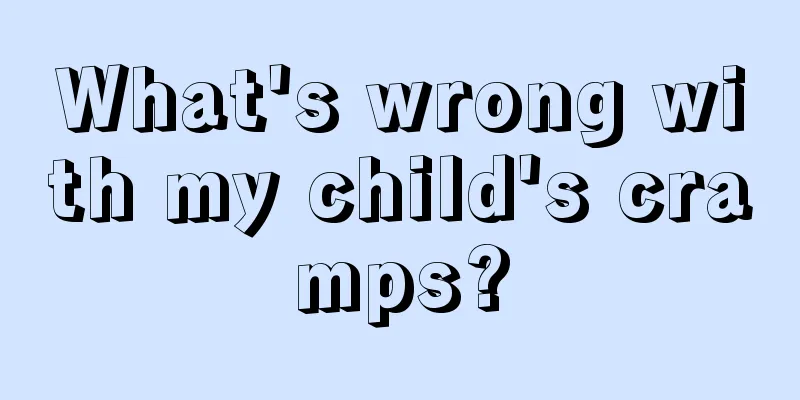Childhood mental illness

|
For children, because their resistance is relatively weak, the probability of getting sick is also very high. For some children's mental illnesses, the number is actually very small. But it is not ruled out. Because when children are young, although they seem to be ignorant of some things, some psychological, genetic, biochemical and other factors can also cause children to suffer from mental illness, so parents should also be vigilant. Schizophrenia can occur in both adults and children and is a relatively common mental illness among children. The prevalence of schizophrenia in children is lower than that in adults. According to foreign reports, the prevalence of schizophrenia in children under 15 years old is 0.14% to 0.34%. Domestic literature reports that the prevalence of schizophrenia in children is 0.05% to 0.08%, with the ratios for boys and girls being similar. The incidence of onset before the age of 10 is relatively small, while the incidence of onset after the age of 10 increases significantly. The youngest age of onset is 3 years old, and the majority of patients are 12 to 14 years old. 1. Genetic factors The incidence of a genetic history of mental illness in the family of children with this disease is relatively high (16% to 64%). 2. Organic factors It is common for children with this disease to have a history of perinatal damage. Delayed maturation of the nervous system, soft signs in neurological examinations, and electroencephalogram abnormalities are also common. In recent years, studies have found that the latency period of the P300 evoked potential in children with schizophrenia is significantly shortened and the amplitude is reduced; results of head CT scans, magnetic resonance imaging (MRI), and other studies suggest that damage to the frontal lobe, basal ganglia, and temporal lobe are closely related to schizophrenia. 3. Psychosocial factors It is common for children to develop schizophrenia due to severe mental trauma, such as parental divorce, death of relatives, failure to continue education and other life events. Psychosocial factors also have an important impact on the continuation of the disease and prognosis. 4. Personality traits before illness Children with this disease are mostly introverted before the onset of the disease. On the basis of their abnormal or unhealthy personality, they are affected by environmental factors, which increases the risk of developing the disease. 5. Biochemical factors It is generally believed that this disease is related to excessive activity of the central dopaminergic system and insufficient noradrenergic function. Some studies have found that children with this disease have increased plasma dopamine β-hydroxylase and inhibited choleretic system. |
<<: Why is the baby's stool sticky and mushy?
>>: What to use for bathing children with eczema
Recommend
Height of a 4-year-old child
Every parent pays special attention to the develo...
How to treat ulcers at the corners of the mouth in children
Every winter to early spring, many children suffe...
Children's gastrointestinal conditioning, these bad habits must be abandoned
Compared with adults, children's gastrointest...
What to do if your child has a muscle strain
Many children are very naughty, so they are likel...
Treatment for itchy palms in children
Recently, more and more children have itchy palms...
Can babies bask in the sun every day?
Children are the flowers of the motherland. When ...
Why does my child urinate frequently?
From a clinical perspective, if a child urinates ...
How to protect children's teeth
It is the common wish of every child that they ca...
Which acupoints should be massaged for children with nasal congestion?
Each of us will inevitably have some minor illnes...
What to do if your eight-month-old baby has asthma
Eight-month-old babies often need breast milk. At...
What is the reason for thinning hair in babies?
Thinning hair is a common problem among adults, a...
What is the reason why newborn babies have red faces?
Some parents find that their children blush when ...
What is the cause of the baby's bloody stool?
When babies are young, they are prone to various ...
What is the reason for the red spots around the baby's belly button?
Clinically, there are many causes of red spots ar...
What causes patent ductus arteriosus in premature infants?
Many premature babies will have patent ductus art...









